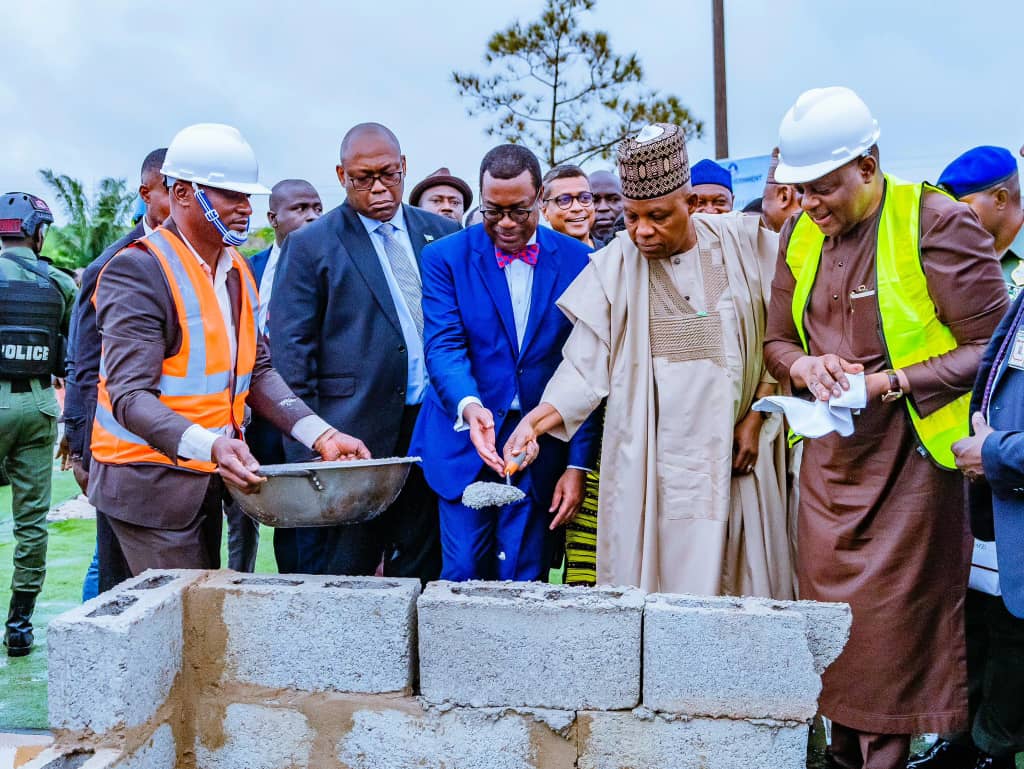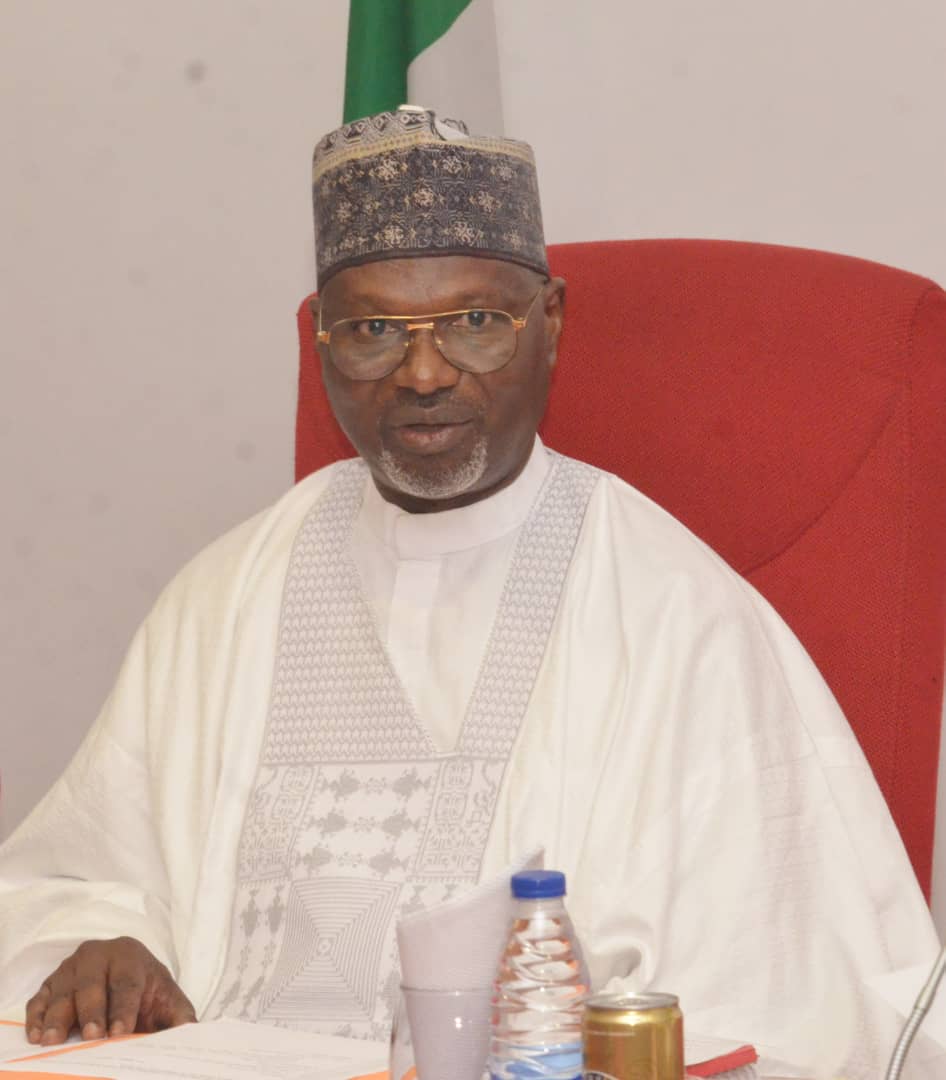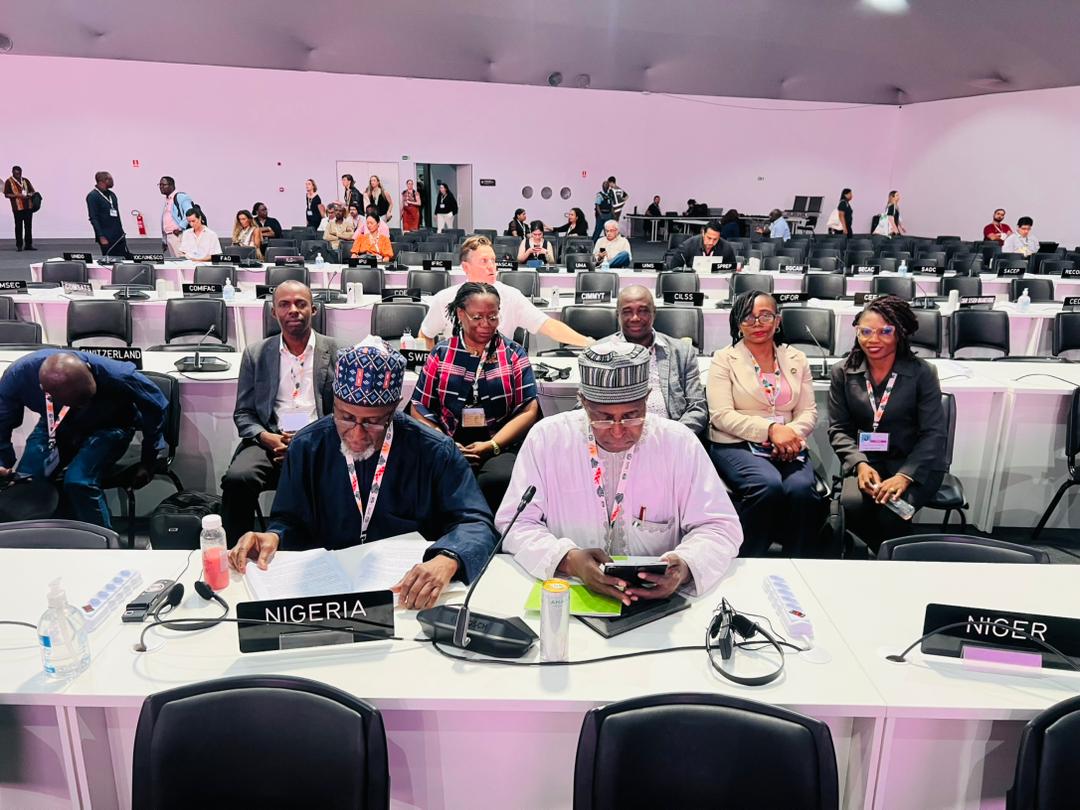Shettima Launches Second SAPZ in Cross River, AfDB Pledges $2.2 Billion for Expansion

……Agro-industrial processing zones to empower farmers, attract investors, and diversify Nigeria’s economy
The Federal Government has launched the construction of the Special Agro-Industrial Processing Zone (SAPZ) in Calabar, Cross River State, marking a significant step in its nationwide efforts to transform agriculture and drive inclusive economic growth.
This initiative follows closely on the heels of the groundbreaking ceremony for the Kaduna State SAPZ, led by Vice President Kashim Shettima just 72 hours earlier in Chikun Local Government Area.
The African Development Bank (AfDB) has reaffirmed its commitment to mobilizing an additional $2.2 billion to fund the second phase of the SAPZ project across 28 states in Nigeria.


Speaking on Thursday at the Calabar SAPZ groundbreaking ceremony, Vice President Shettima described the project as a “game changer” aligned with President Tinubu’s Renewed Hope Agenda. He emphasized its role in diversifying the economy, ensuring food security, tackling rural unemployment, and empowering farmers and youth.



“There is no intervention more practical in our vision of maximizing Nigeria’s agricultural potential than this. This isn’t just a project; it’s a bold vision to transform Nigeria’s agricultural value chain,” Shettima stated.
He highlighted that the SAPZ initiative, backed by counterpart funding from development partners and the private sector, is designed to address key challenges in Nigeria’s agricultural economy, such as inadequate processing infrastructure, limited market access, and rural unemployment.
“For too long, our farmers have faced poor infrastructure, lack of access to finance, and inadequate processing facilities. This zone is designed to tackle those challenges by fostering innovation, investment, and collaboration,” he noted.
The Calabar SAPZ will serve as a hub for agro-processing and storage, equipping farmers and agripreneurs with critical infrastructure to scale operations and tap into local and international markets.
“This is where farmers will meet private investors, ideas will turn into enterprises, and our youth will find meaningful opportunities,” Shettima said, adding that SAPZ has been prioritized as a key program for food security. The government plans to institutionalize it as an agency overseeing agricultural industrialization across Nigeria’s 36 states.
“These zones will generate thousands of jobs, create opportunities for young people, and empower them with skills and knowledge to contribute positively to the economy. Cross Riverians, development has come to your doorstep. SAPZ is a game changer that will help Nigeria build a sustainable, diversified economy,” he declared.
Shettima also expressed gratitude to international development partners, including the AfDB, the Islamic Development Bank, and the International Fund for Agricultural Development, for their support and belief in Nigeria’s vision.
Cross River Governor and Stakeholders React
Cross River State Governor, Senator Prince Bassey Edet Otu, lauded the initiative, describing it as a milestone in his administration’s efforts to establish the state’s renewable resource base through agriculture.
He emphasized the establishment of smallholder farmer clusters focusing on cash crops like rice, cassava, millet, and cocoa, positioning Cross River for an agro-industrial revolution.
“Shifting from a non-renewable to a renewable resource-based economy is key to prosperity. This project will enhance food security, diversify our economy toward exports, and boost our GDP. Once operational, we expect strong collaborations with agro-processing institutes, universities, and research centers to drive agricultural breakthroughs,” Otu said.
Minister of Agriculture and Food Security, Senator Abubakar Kyari, also hailed the project, noting that it aligns with President Tinubu’s Renewed Hope Agenda to transform Nigeria’s agricultural production and investment landscape. He commended Shettima for his leadership and praised Governor Otu for ensuring Cross River is at the forefront of SAPZ implementation.
AfDB Pledges $2.2 Billion Investment
AfDB President, Dr. Akinwumi Adesina, reiterated the bank’s commitment to mobilizing $2.2 billion for SAPZ expansion in 28 states across Nigeria.
He highlighted Cross River’s strategic role in agricultural transformation, given its extensive production of cocoa, cassava, rice, and bananas. He noted that Obudu Cattle Ranch has the potential to turn the state into a major livestock producer.
Adesina also pointed to Cross River’s advantages, including its export processing zone, port facilities, and export handling capabilities, making it ideal for SAPZ development.
“The Calabar SAPZ can easily connect to the seaport, facilitating the export of processed agricultural goods to markets in Cameroon and beyond,” he said.
He emphasized AfDB’s collaborative efforts with the Islamic Development Bank and the International Fund for Agricultural Development, which have collectively secured $934 million in core financing. He added that the first phase of SAPZ implementation will begin in eight states: Cross River, Kaduna, Kano, Katsina, Oyo, Ogun, Kwara, and Imo, alongside the Federal Capital Territory.
READ ALSO: Aramoko Ekiti Denies Mosque Demolition, Slams MURIC’s False Claims
Northeast Lawmakers Decry Exclusion from $530 Million SAPZ Intervention, Urge Presidential Action
“For phase two, we plan to mobilize $2.2 billion to expand SAPZ to 28 states with multiple partners,” Adesina concluded.
The SAPZ initiative marks a transformative step in Nigeria’s agricultural landscape, promising economic empowerment, job creation, and a sustainable pathway to food security and industrialization.





